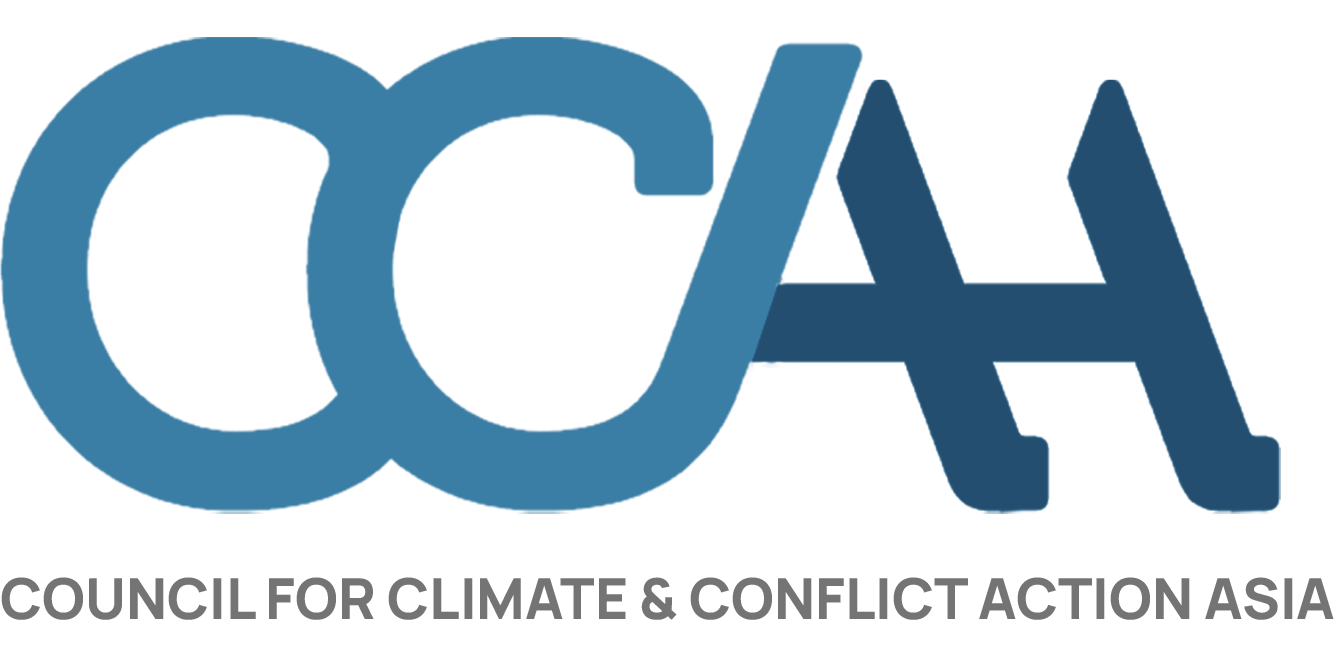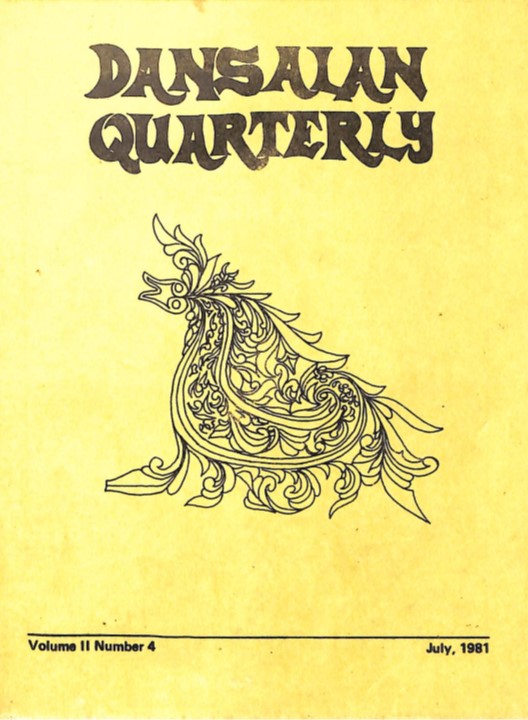July 1981 Vol. II, No. 4
10 July 2022 Dansalan Quarterly
From the exploitation of their land to varying degrees of conflict, Maranao Muslims have indeed experienced many hardships in their lifetime. Washburn’s and Fleischman’s accounts shed light on these struggles, and how the Maranao Muslims showed resistance through time. In “An Unequal Contest: The Philippine National Power Corporation Versus Maranao Muslims,” Washburn tells a story about how the Maranao Muslims’ land was expropriated for the purposes of the Philippine National Power Corporation. It resulted in various land disputes that involved both legal and extra-legal measures. There were attempts of settlement through civil courts, but disagreements between the government and the Maranao people ultimately led to threats of military force. As a result of these threats, the Maranaos ended up not getting anything–they were unsuccessful both in keeping their land as well as in getting payment for it. Meanwhile, in “The Decline of Datuship in the Iranun Sultanate of Linek,” Fleischman speaks on the nature of the decline of datuship and the effect this decline has had on its very institution and on Muslim society. The decline was the outcome of unwise financial dealings, lack of access to education, and the undermining and weakening effect of the new regimes of the American and Filipino governments. Fleischman also reports on the genealogy of datus and how carrying the title of a datu brings with it the inherent obligation of providing leadership and giving financial and social assistance to the people and area under their influence. The hardships articulated in this journal demonstrate decades of Moro struggle and marginalization, and how such struggles can be a detriment to Moro institutions and cultures.
Please email dansalan.quarterly@dcfi.edu.ph to request a copy of the issue.

